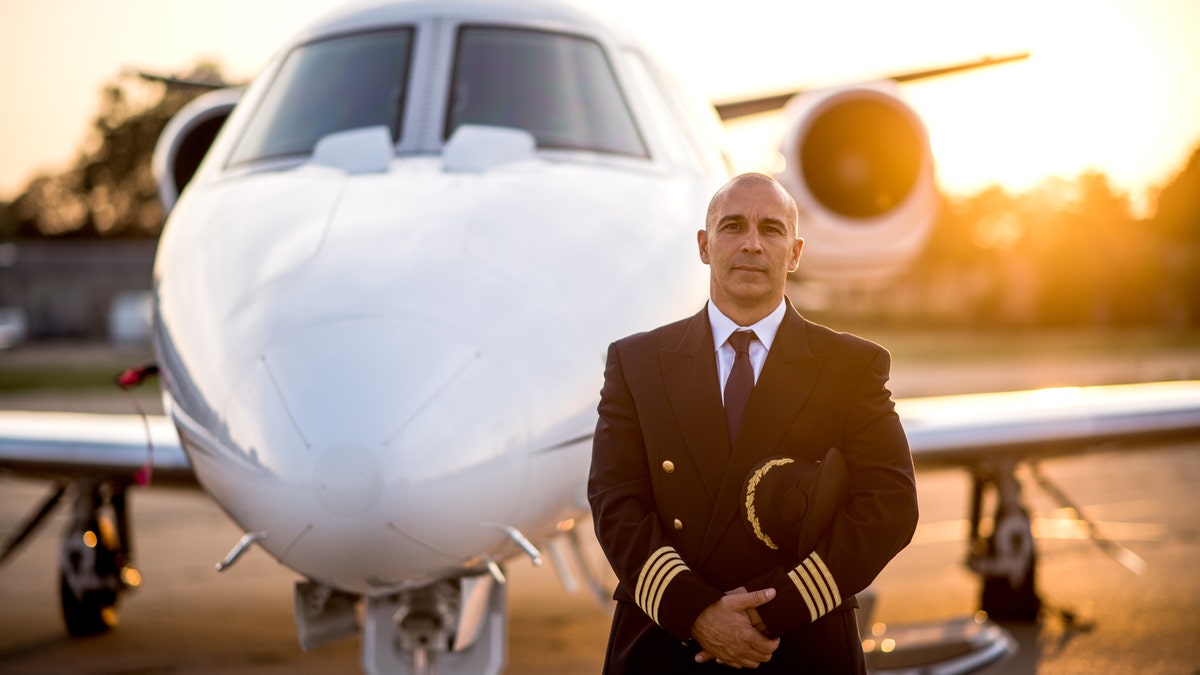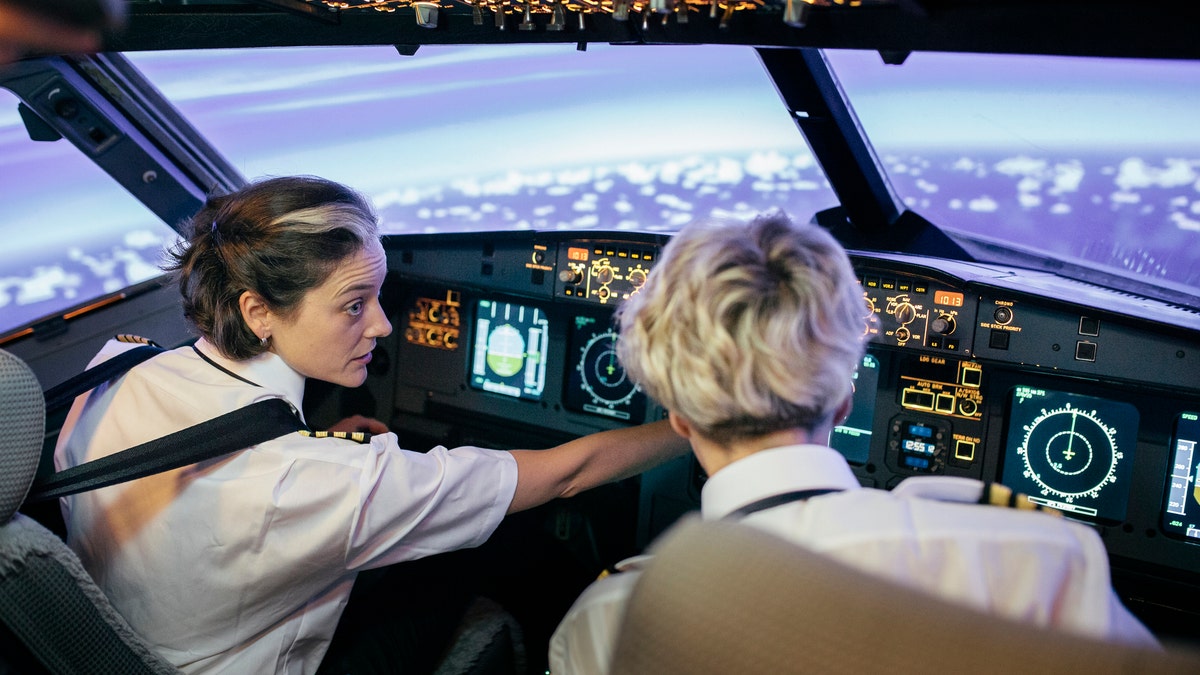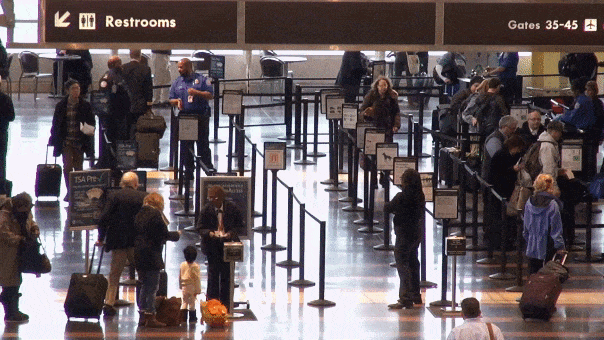DOD, United Airlines say masked passengers 'extremely unlikely' to catch COVID-19
U.S. Department of Defense and United Airlines conduct study and find the risk of exposure to coronavirus on commercial airlines is 'virtually nonexistent'; Fox News correspondent Bryan Llenas reports.
Anybody know a pilot?
A global shortage of aircraft operators is predicted when the coronavirus pandemic ultimately, someday, comes to a close and demand for travel comes roaring back, a consulting firm has predicted.
In a new report, the New York-based Oliver Wyman called the COVID-19 pandemic a "momentary reprieve" for an already-ailing supply of pilots. When the pandemic began, demand for travel ceased almost overnight, prompting major carriers to furlough or lay off thousands of aviators.

When the pandemic began, demand for travel ceased almost overnight, prompting major carriers to furlough or lay off thousands of aviators. (iStock)
According to Oliver Wyman, though the global in-service fleet has already risen to 76% of pre-pandemic levels (and in China, 99%) a "supply shock" has struck the aviation industry. Though some furloughed pilots will ultimately return to the job they trained for, others will not, perhaps pushed into early retirement by their employer or choosing to follow another career path. Would-be pilots, too, may be wary of entering the "cyclical" industry amid a future of uncertainty.
"Looking at past crises such as 9/11 and the global financial crisis, new pilot certifications fell 30 to 40 percent during the five years after the initial shock," researchers said. "With the global nature of this shock, we believe 25,000 to 35,000 current and future pilots may choose alternative career paths over the next decade."
Drawing on a "modest recovery scenario," the authors predicted a global pilot shortage will hit "certain regions" in 2023, but most likely before.
FOLLOW US ON FACEBOOK FOR MORE FOX LIFESTYLE NEWS

Drawing on a "modest recovery scenario," the authors predicted a global pilot shortage will hit in 2023, but most likely before. (iStock)
"Regarding magnitude, in our most likely scenarios, there is a global gap of 34,000 pilots by 2025. This could be as high as 50,000 in the most extreme scenarios," they guessed. "Eventually, the impact of furloughs, retirements, and defections will create very real challenges for even some of the biggest carriers."
To retain talent and keep airlines afloat for the time being, some carriers (like United and American) are keeping thousands of employees on the payroll, albeit with reduced schedules or voluntary leave.
"In the U.S., such programs have been very popular and will provide the airline some flexibility once the industry begins to recover," the authors said.
CLICK HERE FOR FOX NEWS' CONTINUING CORONAVIRUS COVERAGE
In a word of advice to airline management hoping to reduce the greater impact of future pilot shortages, the consulting firm suggested reducing pilot demand, investing in pilot recruitment and training programs, and actively engaging the current workforce to improve retention, to get ahead of a possible future of increased competition.
"How quickly airlines can regrow their operation will be guided by how quickly they can regrow their pilot ranks," the Olive Wyman report concluded. "Those that take action now increase the agility of the airline to capture demand as it recovers."









































